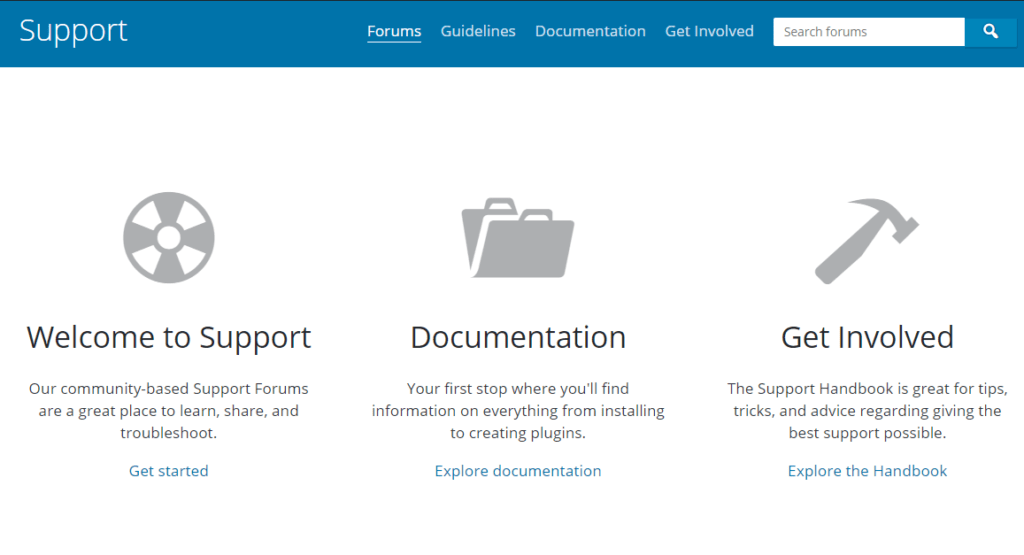WordPress and Shopify are two well-known competitors in the field of e-commerce systems, each with unique benefits catered to the various requirements of online enterprises. Thanks to its large ecosystem of themes and plugins, WordPress—which is well-known for its adaptability and copious customization options—enables users to construct extremely personalized websites. Shopify, on the other hand, is exceptionally user-friendly and straightforward, offering an extensive range of e-commerce tools that make the process of creating and running an online store easier. We’ll examine the wins and losses, factors of both WordPress and Shopify as we compare them in order to assist retailers in selecting the platform that will best meet their online storefront objectives.
WordPress (WooCommerce) Wins
1. Smooth Integration with WordPress: WooCommerce uses WordPress’s robust content management system (CMS) features to create a smooth integration that offers a single platform for both e-commerce and content management.
2. Wide-ranging customisation possibilities: WooCommerce provides a wide range of customisation possibilities with its selection of themes and plugins, allowing businesses to establish distinctive and branded online stores that are suited to their particular requirements and tastes.

3. Scalability: WooCommerce can handle enterprises of all sizes due to its excellent scalability. It can effectively manage expanding product catalogs and rising traffic levels without compromising on usability or performance.
4. Community Resources and Support: Take use of a sizable and vibrant community of users, developers, and designers who offer insightful documentation, resources, and support. This ecosystem, driven by the community, guarantees troubleshooting, ongoing progress, and availability to help.

WordPress (WooCommerce) Losses
1. Technical Knowledge Needed for Setup and Maintenance: Complex customizations and problem-solving may call for technical expertise while setting up and managing a WooCommerce store. A user lacking technical expertise could find some features difficult.
2. Dependency on WordPress Ecosystem: The security and performance of WooCommerce rely on the WordPress platform. Users that use older themes, plugins, or WordPress core may experience compatibility problems or security flaws.
3. Cost of Premium Features and Extensions: The WooCommerce core plugin is free, but in order to access additional functionality or interface with outside services, users may need to pay for premium themes, plugins, and extensions. The total cost of ownership may be impacted by these extra charges.

4. Complexity of speed Optimization: Improving WooCommerce store speed can be difficult, especially as they get bigger and more complicated. Caching, CDN, and other optimization strategies might need to be implemented with more knowledge and resources.

Shopify Wins
1. User-Friendly Interface: Without the need for in-depth technical knowledge, users can easily set up and maintain their online businesses with Shopify’s intuitive and user-friendly interface.
2. Extensive feature set: Shopify streamlines the process of creating and managing an online store by offering an extensive feature set and a suite of e-commerce solutions, such as configurable templates, safe payment gateways, inventory management, and marketing tools.

3. Scalability and Reliability: Shopify can handle stores of any size, from small startups to major corporations. It is incredibly scalable and stable. High performance and uptime are guaranteed by its cloud-based architecture, even during busy times.
4. Integrated Ecosystem: Shopify provides an ecosystem of apps and extensions that are integrated, making it simple for users to add new features to their stores and connect them with other services like email marketing platforms, accounting software, and more.

Shopify Losses
1. Limited Customization Options: Shopify has a number of themes and design choices that may be customized, although its options may be more limited than those of other platforms. Users that attempt to integrate extremely intricate or distinctive design features may run against limitations.
2. Transaction Fees: In addition to monthly subscription costs, Shopify levies transaction fees for each sale completed on its platform. Although adopting Shopify Payments helps lower these fees, consumers may still have to pay extra expenses that have an effect on their profit margins.

3. Dependency on a Platform: Because Shopify is a hosted platform, users have less control over the software and underlying infrastructure. This reliance might restrict personalization choices and complicate platform migration in the future.
4. Cost of Ownership: Shopify has a variety of pricing plans to accommodate varying budgets, but when you take into account transaction fees, subscription fees, app purchases, and other costs, the total cost of ownership can mount up. Because of this, Shopify may not be as economical for certain companies as self-hosted options.
Bottom Line:
In the dispute between Shopify vs WordPress, there isn’t a universally applicable solution. The choice ultimately comes down to your long-term goals, technological expertise, and unique business requirements. WordPress might be the best option if customization and flexibility are important to you. On the other hand, Shopify stands out as a strong choice if capabilities centered around e-commerce and simplicity are essential. Whichever option you select, these platforms provide the features and resources required to thrive in the cutthroat realm of internet business. You may make an informed choice that lays the groundwork for the success of your online business by carefully considering the important issues raised.
Adlivetech website design services create a perfect blend of design aspects for its clients to design a masterpiece that can convey a brand message and curve a strong digital presence of the business.
Contact us: info@adlivetech.com
